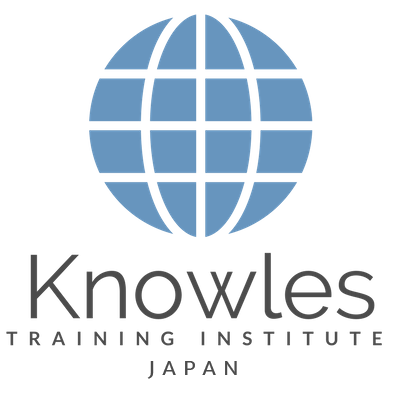Measuring Results From Training in Japan
Welcome to our “Measuring Results From Training” session in Japan, where we explore the crucial aspect of evaluating the effectiveness of training initiatives. In today’s rapidly evolving business landscape, investing in employee development is essential for maintaining competitiveness and driving organizational growth. However, to ensure that training efforts yield meaningful outcomes, it’s imperative to establish robust measurement mechanisms. This session aims to provide insights, methodologies, and best practices for evaluating training results in the Japanese context, enabling organizations to make data-driven decisions and maximize the return on their training investments.
As companies in Japan recognize the strategic importance of employee development, there is a growing need to assess the impact and effectiveness of training programs. By understanding how to measure training results comprehensively, organizations can identify strengths, address weaknesses, and continuously improve their learning and development initiatives. This session serves as a platform for HR professionals, L&D specialists, and business leaders to gain practical knowledge and tools for measuring training outcomes and driving organizational success.
Talk Objectives:
- Establishing Clear Learning Objectives: Understand the importance of setting clear and measurable learning objectives for training initiatives. Define specific skills, knowledge, and behaviours that employees are expected to acquire or enhance through training interventions.
- Selecting Appropriate Evaluation Methods: Explore various evaluation methods, including pre- and post-training assessments, surveys, interviews, and performance evaluations. Select evaluation methods that align with training objectives, participant characteristics, and organizational goals.
- Collecting Quantitative Data: Learn how to collect quantitative data to measure training effectiveness, such as pre- and post-training performance metrics, test scores, and productivity indicators. Utilize tools and systems to capture and analyze quantitative data accurately.
- Gathering Qualitative Feedback: Understand the importance of gathering qualitative feedback from training participants and stakeholders to gain insights into training relevance, engagement, and impact. Conduct interviews, focus groups, or surveys to capture perceptions, opinions, and suggestions for improvement.
- Assessing Behavioural Change: Develop strategies for assessing behavioural change and skill transfer resulting from training initiatives. Use observation, peer feedback, and self-assessment tools to evaluate the application of newly acquired knowledge and skills in the workplace.
- Measuring Training ROI: Explore methodologies for calculating the return on investment (ROI) of training programs, considering factors such as training costs, performance improvements, and business outcomes. Calculate ROI metrics to demonstrate the financial impact and value of training investments.
- Tracking Long-Term Impact: Implement mechanisms to track the long-term impact of training on employee performance, retention, and career progression. Monitor key performance indicators (KPIs) over time to assess the sustainability of training outcomes and identify areas for continuous improvement.
- Benchmarking Against Industry Standards: Compare training results against industry benchmarks and best practices to gain insights into performance gaps and opportunities for enhancement. Benchmarking helps organizations gauge their competitiveness and identify areas for differentiation.
- Engaging Stakeholders in Evaluation: Involve key stakeholders, including managers, supervisors, and executives, in the evaluation process to ensure buy-in and support for training initiatives. Collaborate with stakeholders to define evaluation criteria, collect feedback, and interpret results effectively.
- Iterating and Improving Training Initiatives: Embrace a culture of continuous improvement by using evaluation findings to refine and enhance training initiatives iteratively. Incorporate feedback from evaluation results to update training content, delivery methods, and learning experiences.
The “Measuring Results From Training” session has equipped participants with the knowledge and tools needed to evaluate the effectiveness of training initiatives in Japan. By implementing robust measurement strategies, organizations can assess the impact of training on employee performance, skill development, and organizational outcomes, leading to informed decision-making and continuous improvement in learning and development practices.
Ready to elevate your training evaluation practices and maximize the impact of learning initiatives in your organization? Start by applying the evaluation methodologies and best practices discussed in this session, focusing on setting clear objectives, collecting comprehensive data, and engaging stakeholders in the evaluation process. Together, let’s ensure that training investments in Japan deliver tangible results and drive sustainable growth and success.
More Information:
Duration: 60 minutes
Fees: $1599.97 USD 661.00
For more information please contact us at: contact@knowlesti.co.jp
If you would like to register for this talk, fill out the registration form below.

